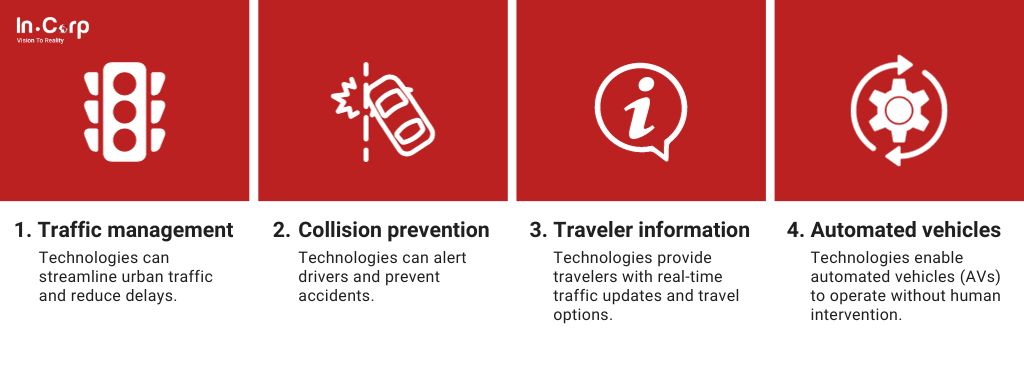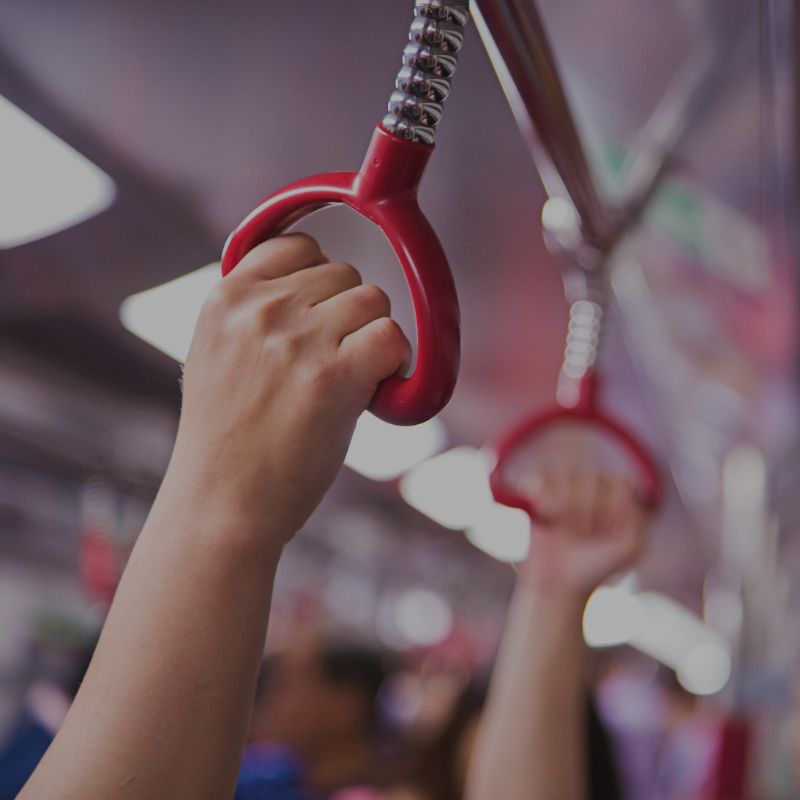In the realm of transportation service, prioritizing public safety and comfort stands as a determined cornerstone.
These standards not only form the bedrock of a reliable and efficient transport network but also serve as a testament to an organization’s commitment to all stakeholders.
Indonesia’s transportation landscape
Indonesia recently increased its budget for developing transportation infrastructure, consequently underlining its crucial role in supporting economic growth. Among various modes of passenger transport, road transport is predominant in Indonesia.
By 2021, the total road network in Indonesia had expanded to approximately 550,000 kilometers, with around 81 percent classified as urban roads.
Historically, Indonesia concentrated heavily on passenger transport within Java Island. However, there has been a shift in focus toward other significant islands.
In 2012, the Indonesian government initiated plans to construct toll roads and railway networks connecting cities on islands such as Sumatra, Sulawesi, and Papua.
Safety, security, and comfort in transportation
Safety and security are crucial in providing transportation services, as stated in Law Number 22 of 2009 on Road Traffic and Transportation.
Furthermore, the Consumer Protection Law No. 8 Year 1999 is stipulated in Chapter III, Article 4 regarding consumer rights and obligations.
According to these provisions, it is explained that consumers have the right to comfort, safety, and security when consuming goods and/or services.
Transportation safety is necessary to ensure that every individual is protected from the risk of accidents during their journey caused by human factors, transportation modes, and the environment.
Here’s why safety and security are vital in the transportation services system:
Safety measures & public opinion
Safety and security measures positively impact public opinion. Operators and policymakers must continually innovate to maintain ridership and passenger satisfaction.
Criminal threats in public transport
Criminals exploit public transport security flaws, threatening commuters and the transportation industry’s economic stability. This underscores the critical importance of safety and security measures.
Adaptive tech for legislative compliance
As legislation evolves, transport operators benefit from investing in adaptive technology, ensuring ongoing compliance and peace of mind.
Dynamic cybersecurity in transport
Cybersecurity is a dynamic, ongoing process. Operators and authorities must stay proactive and stay active in addressing vulnerabilities.
Provider perspectives on safety and comfort
Kurnia Lesani “Sani” Adnan, the Chairman of the Passenger Transportation Division at the Organization of Land Transportation Owners (DPP Organda), emphasized that, indeed, the importance of providing the public with quality and safe transportation services cannot be overstated.
According to him, the business actors or operators should be held accountable if their drivers engage in criminal activities.
Passenger safety and comfort are ultimately the operator’s responsibility, especially related to on-demand public transportation.
Transportation safety technology

Using Intelligent transportation systems (ITS) as one of the technological bases, businesses can enhance transportation networks’ efficiency, safety, and sustainability. Some of the examples are:
1. Traffic management
ITS can optimize traffic flow and minimize delays, especially in urban areas. Therefore, investors can execute strategies to increase the user numbers.
2. Collision prevention
Transportation service operators should invest in a collision prevention system for their fleets. The system can alert drivers to potential risks and provide warnings or assistance to prevent accidents.
3. Traveler information
ITS and technologies can give travelers accurate and timely information regarding traffic conditions, travel choices, and any incidents they encounter.
4. Automated vehicles
ITS and technologies facilitate the development and deployment of automated vehicles (AVs) capable of performing some or all driving tasks without human intervention.
Read more: Positive Investment List improves investment in Indonesia
Passenger safety and comfort expectations
The survey titled “Improving Public Transportation Services to Alleviate Capital City Congestion” conducted by Kompas Research and Development found that affordable cost is the primary factor determining public comfort in using public transportation, with 27.4 percent.
Furthermore, 20.3 percent of respondents stated that punctuality is a key factor that makes them comfortable using public transportation, while 14.4 percent cited the quality of infrastructure and facilities.
Other factors like avoiding overcrowding, ease of access to services, and the completeness of facilities were selected by fewer respondents.
How to enhance transportation safety in Indonesia
Indonesia can learn from different countries to upgrade its transportation system, including Germany. According to a TimeOut survey that gauged satisfaction with public transportation, Berlin ranked as the top city in the world.
Berlin has an efficient public transport system managed by Berliner Verkehrsbetriebe (BVG) and Deutsche Bahn (German rail). This system comprises the U-Bahn (subway), the S-Bahn (urban rail), buses, and trams in the city’s eastern part.
The U-Bahn, with its ten lines and 173 stations, is typically the most effective mode of transport for navigating the city center.
Learning from Singapore
Singapore is known for having an exceptional public transportation system described as “accessible, efficient, convenient, sustainable, and affordable,” according to a McKinsey report in 2018.
Singapore offers reasonably low monthly ticket prices compared to the average monthly income, provides subsidies for various passenger groups, and maintains relatively affordable taxi fares.
How can Indonesia implement transportation service safety?
Experts concur that we need more public awareness campaigns, initiatives, and financial support to educate and encourage the public to shift towards regular use of public transportation.
Expanding the current rail and bus networks to increase capacity for transporting people and facilitate easier access from homes to workplaces across various regions is another means of boosting ridership.
Moreover, implementing high-capacity urban public transit systems like rapid bus transit and establishing more efficient routes have yielded positive results.
The system holds significance because one of the key factors influencing people’s preference for private transportation is the amount of time they spend commuting.
Why invest in transportation standards in Indonesia?
The convergence of advancing technology and emphasizing safety, security, and passenger comfort in public transportation has opened significant avenues for infrastructure investment in this sector.
As the demand for enhanced transportation services continues to grow, businesses stand to benefit from capitalizing on these opportunities. Investors who aim to contribute to improving transportation quality in Indonesia can partner with InCorp Indonesia, which provides company registration and business license services.
Click the button below for a seamless pathway to actively contribute to elevating regional transportation standards.
Get in touch with us.
What you'll get
A prompt response to your inquiry
Knowledge for doing business from local experts
Ongoing support for your business
Disclaimer
The information is provided by PT. Cekindo Business International (“InCorp Indonesia/ we”) for general purpose only and we make no representations or warranties of any kind.
We do not act as an authorized government or non-government provider for official documents and services, which is issued by the Government of the Republic of Indonesia or its appointed officials. We do not promote any official government document or services of the Government of the Republic of Indonesia, including but not limited to, business identifiers, health and welfare assistance programs and benefits, unclaimed tax rebate, electronic travel visa and authorization, passports in this website.



